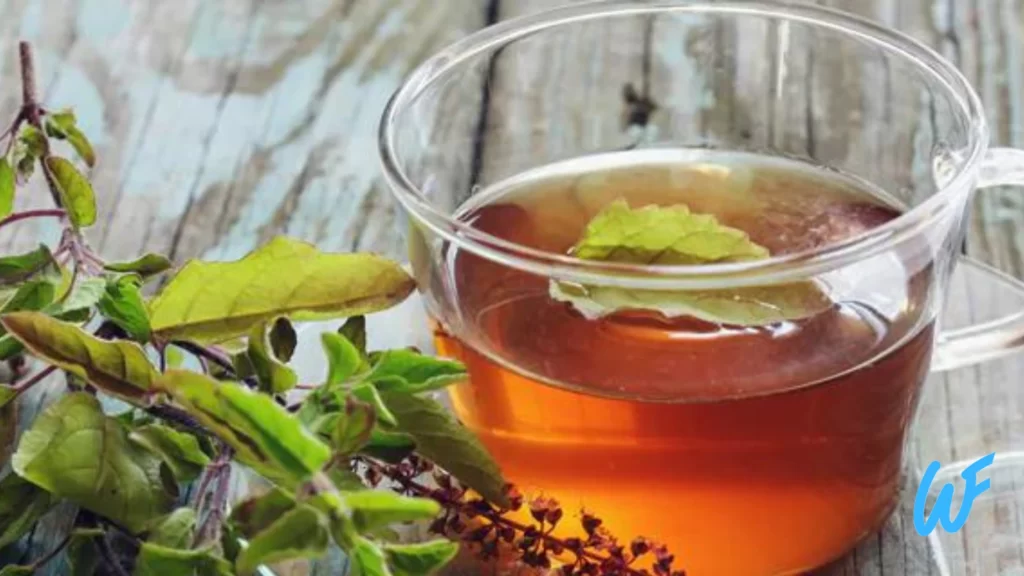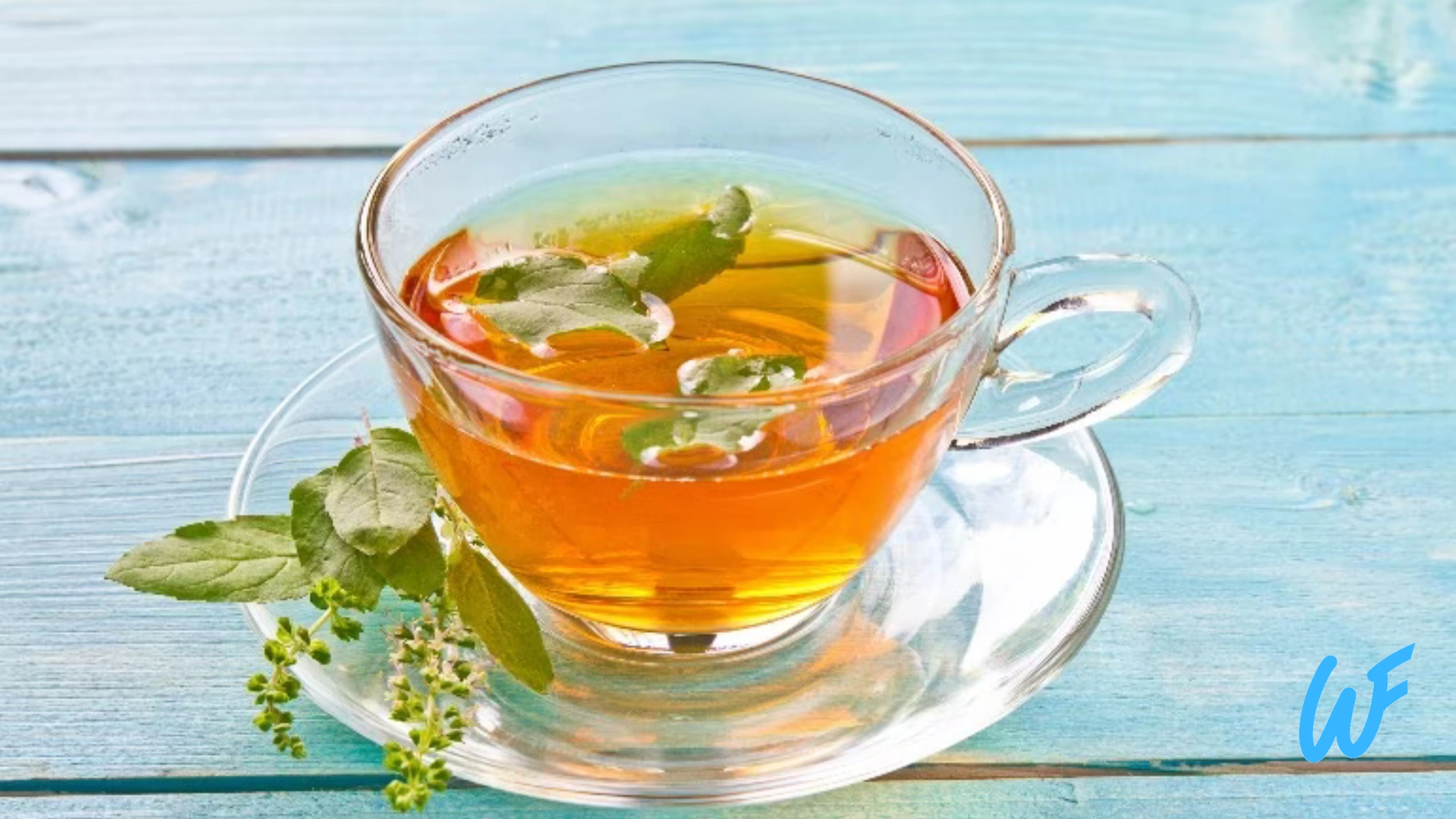
Ashwagandha Tea
5/5
Ashwagandha is a powerful adaptogenic herb widely used in traditional Ayurvedic medicine. It is known for its ability to help the body adapt to stress and promote overall well-being. Tea is often consumed to support relaxation, reduce stress and anxiety, enhance mood, and improve sleep quality. It is believed to have rejuvenating and calming effects on the body and mind.
INGREDIENTS
- 1 teaspoon dried Ashwagandha root powder or 1 tablespoon fresh Ashwagandha leaves
- 1 cup water
- Honey or stevia (optional) for sweetness
- Lemon juice (optional) for flavor
INSTRUCTIONS
- In a small saucepan, bring the water to a boil.
- Add the Ashwagandha root powder or Ashwagandha leaves to the boiling water.
- Reduce the heat to low and let it simmer for about 10-15 minutes.
- Remove the saucepan from heat and strain the tea to remove any solids.
- Pour the tea into a cup.
- Add honey or stevia if desired for sweetness.
- Stir in lemon juice if desired for flavor.
- Enjoy the tea warm.
TIPS
- Start with a small amount of Ashwagandha Tea to assess your tolerance and sensitivity to its effects.
- Consult with a healthcare professional or a registered Ayurvedic practitioner before incorporating Ashwagandha Tea into your routine, especially if you have any underlying medical conditions or are taking medications.
- Avoid consuming excessive amounts of Ashwagandha Tea, as it may cause gastrointestinal discomfort or other side effects in some individuals.
- Ashwagandha Tea is best consumed in moderation as part of a balanced diet and healthy lifestyle.
- Store Ashwagandha root powder or leaves in an airtight container in a cool, dry place to maintain their potency and freshness.
NUTRITION VALUE
Ashwagandha Tea is low in calories and does not provide significant amounts of nutrients. Its potential health benefits are attributed to the active compounds found in Ashwagandha, including withanolides, alkaloids, and flavonoids.














